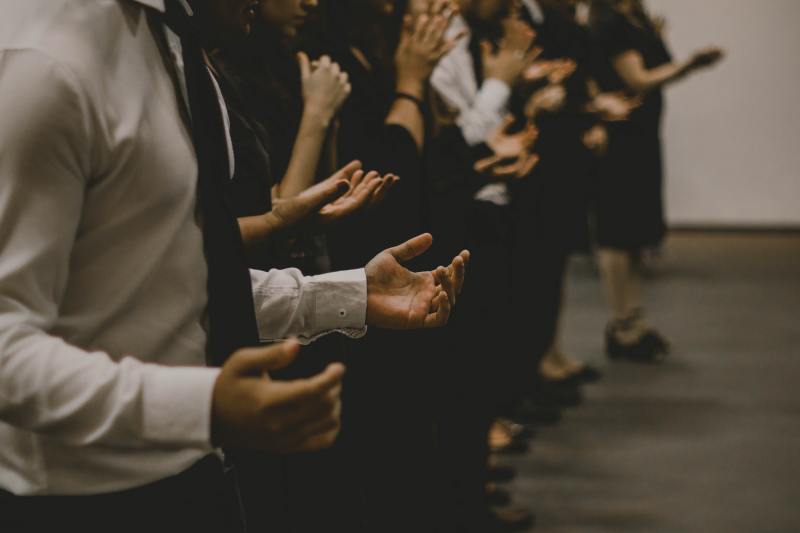
New Zealand's High Court ruled that the COVID-19 restrictions imposed on religious congregations were not unlawful. The court stated that although the congregations have a right to practice their religious beliefs, the restrictions were allowable in a health emergency.
In December 2021, the New Zealand government declared that religious gatherings were only allowed 100 vaccinated and 25 unvaccinated people. They also required church-goers to wear face masks if they shared the worship site with any other groups.
According to the director-general of health, Ashley Bloomfield, religious gatherings are considered "high-risk" due to the number of elderly and immune-compromised people present. However, religious leaders complained about the limitations. They stated that these were reminiscent of Nazi Germany's restrictions.
In a report by Christianity Today, it was stated that 24 Christian pastors and one Muslim imam sued Bloomfield and Chris Hipkins, the minister for COVID-19 response. They claimed that the restrictions were a violation of their freedom of religion.
According to the New Zealand Bill of Rights Act 1990, "Every person has the right to manifest that person's religion or belief in worship, observance, practice, or teaching, either individually or in community with others, and either in public or in private."
Justice Cheryl Gwyn acknowledged that indeed, religious freedom was restricted. However, it was justifiable due to the need to minimize public health risks. The ruling is in contrast to what other courts have decided in a similar case.
In the United States, Scotland, Switzerland, and Chile, restrictions were found to be unlawful in relation to religious freedom.
According to New Zealand religious historian and media commentator Peter Lineham, he is not surprised that the churches lost the court battle. At the trial, Christian scholars argued that the restrictions amounted to excommunication.
Theologian Matther Flannagan said that the restrictions made it practically impossible for members of the congregation to fellowship together.
However, New Testament professor Paul Trebilco argued that interaction is just limited. Members of the congregation, especially those who are unvaccinated, are not being excommunicated. Rather, they are only temporarily unable to interact with all the other members.
According to Lineham, Trebilco's argument was pivotal to the case. He stated that it showed the flaw in the argument that Christians must always meet in order to be the church.
Moreover, Lineham also commented that churches have a hard time realizing that they are high-risk places for the virus to spread.
Read Also: From Comedians to Priests: Standup Double Act Embarks on a Journey of Profound Transformation
New Zealand's COVID-19 Response
In a speech to the New Zealand Centre for Public Law, attorney-general David Parker stated that the pandemic required those who were unwilling to do what others were doing out of their own volition.
He furthered that social distancing, mask wearing, vaccination, and many other restrictions were burdensome sacrifices that they needed to make. However, as a result, they were able to put out a world-class response to the pandemic.
New Zealand was one of the few countries that had broken the chain of transmission during the early stages of the pandemic. In effect, the country had more freedom, fewer deaths, hospitalizations, and diseases than any other country has achieved.
Related Article: Who Is Ron Sider? Evangelical Author Dies At 82 After Years Of Social Action Advocacy, Fighting For The Poor


















